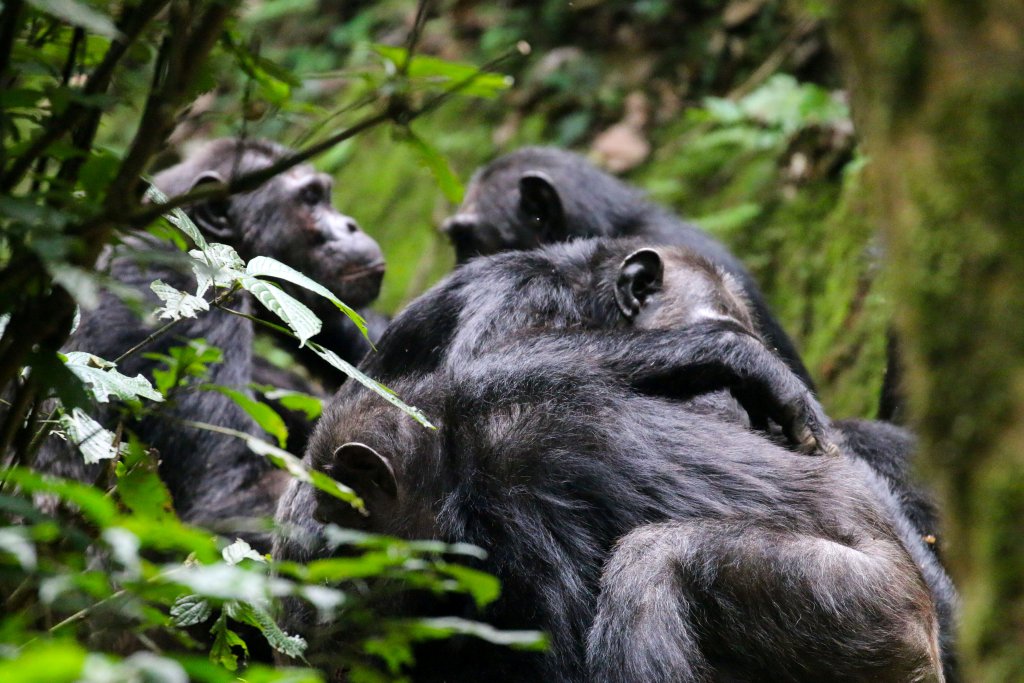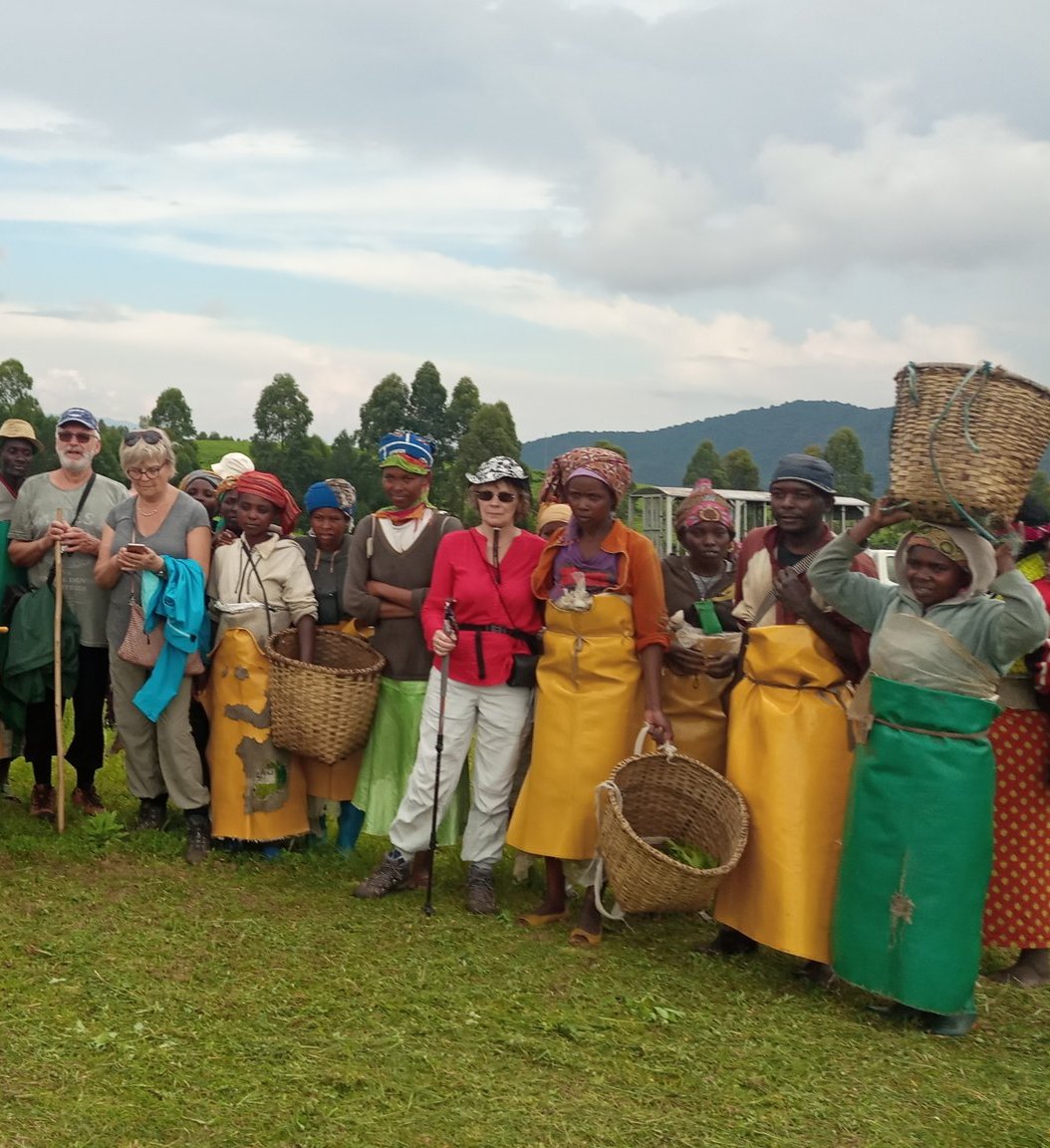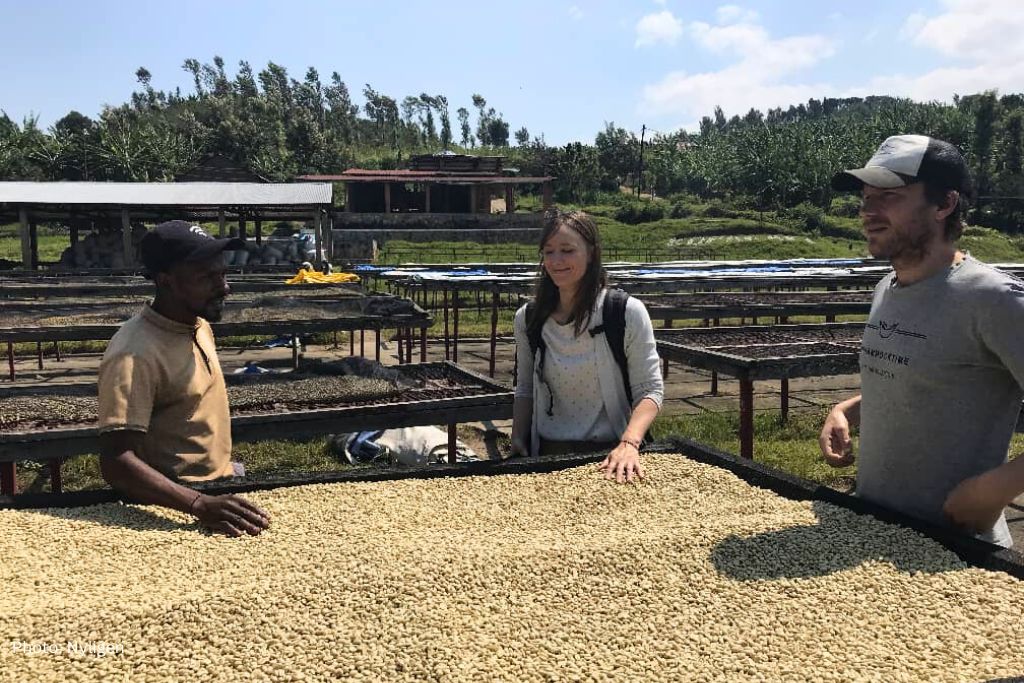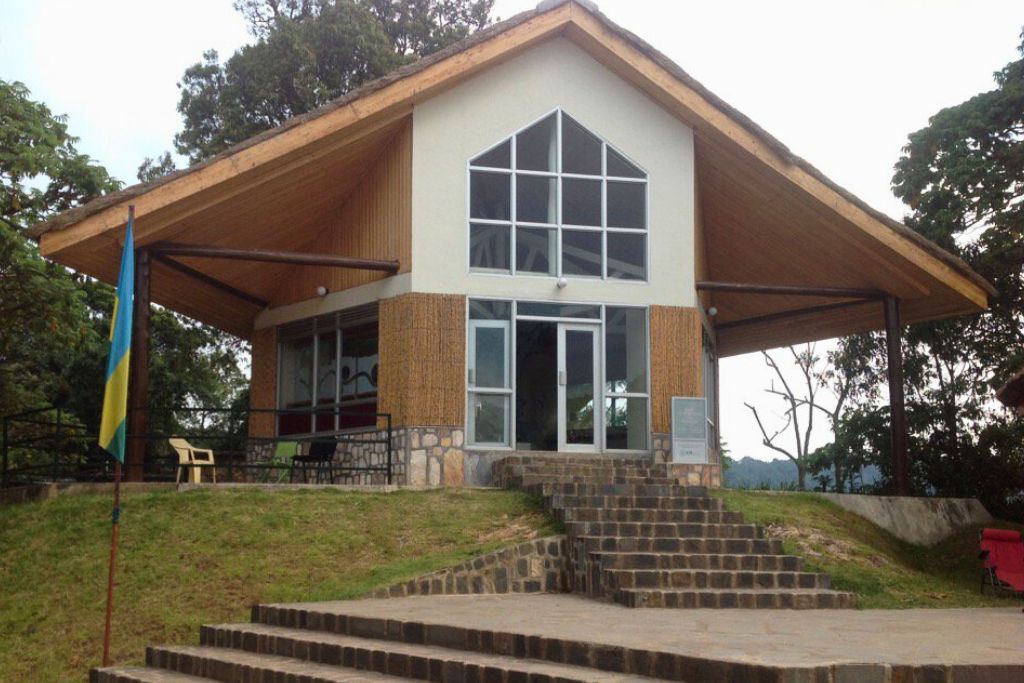
The Habituated Chimpanzee Groups in Nyungwe Forest
Visit the habituated Chimpanzee groups in Nyungwe forest. Chimpanzee tracking in Nyungwe Forest is becoming popular that it is slowly joining the rank of Gorilla trekking in Rwanda. Found in the southwestern corner of Rwanda is a beautiful 1000-square-kilometer Protected Area that shelters the country’s largest population of these Great Apes in their natural habitat. Here, visitors have the once-in-a-lifetime opportunity of viewing mankind’s closest relatives in the animal Kingdom as they go about their normal daily activities that include sleeping, foraging, grooming each other, mothers nursing their babies, playing, and resting. You will also see the specific plant species that they feed on, how social they are, and who leads their communities/groups. Book Now
There are over 500 chimpanzees in Rwanda’s Nyungwe Forest National Park with two chimpanzee communities/Troops fully habituated and open for tracking all year round. Of these chimpanzee troops, one of which is hidden in the Cyamudongo fragmented Forest and the other in the Uwinka area. The latter is the most-visited although has fewer members.
Chimpanzee trekking in Rwanda’s Nyungwe Forest usually begins at 5:00 am with a briefing at the Visitor Centers (Uwinka, Gisakura, or Kitabi) to take you through the guidelines to be followed while tracking or spending time watching and photographing them. After the briefing process, visitors are divided into groups of 8 people to be allocated to one of the chimpanzee communities. Afterward, an armed Ranger is allocated to provide protection and an experienced guide to provide information on the forest, its unique attractions especially those encountered along the way, and the chimpanzees.
The Habituated Chimpanzee Groups in Nyungwe Forest are generally calm, playful, friendly, less timid, and used to visitor presence having gone through a 2-3-year period of habituation/training. Unlike mountain gorillas that you will find on the ground, chimpanzees will be found on the ground and in tree branches. However, you have one hour of interaction (watching/observing and photographing them) as they leave their nests, nurse their infants, groom each other, feed on specific plant species, play on tree branches, make vocalization calls, and many other interesting activities.
How much does it cost to see the habituated chimpanzee groups in Nyungwe Forest?
Before you are allowed to see any of the two habituated chimpanzee groups in Nyungwe Forest, you will be required to present a valid chimp permit issued by Rwanda Development Board. The chimpanzee permit costs $150 per person, this excludes the park entry fee of US$ 100 per person
When is the best time to visit the habituated Chimpanzee Groups in Nyungwe Forest?
The best time to visit the habituated chimpanzee Groups in Nyungwe Forest is during the dry months-January, February, June, July, August, September, and December when rainfall levels are lower and the forest trails are less muddy or slippery this perfect for walking through. However, you can see the chimpanzees even in the rainy season-March, April, May, October, and November although rainfall levels increase and forest trails become muddy and slippery. The amazing thing about this season is that flowers bloom and the sky clears off any dirt hence providing perfect photography opportunities.
What to pack when visiting the habituated chimpanzee Groups in Nyungwe Forest?
For most travelers, visiting the habituated chimpanzee troops in Nyungwe Forest is a once-in-a-lifetime opportunity but because Forest’s natural environment is mainly densely forested, you will need to know what to pack. For this reason, you need long-sleeved shirts and long pants, sturdy hiking boots, a lightweight rain jacket, a wide-brimmed hat and sunglasses for sun protection, toiletries (toothbrush, hair comb, hand sanitizer, toothpaste, deodorant, sunscreen, and others), first aid kit, cotton socks, gaiters, backpack, camera with extra memory cards and batteries, flashlight, pair/s of binoculars, and many others.



